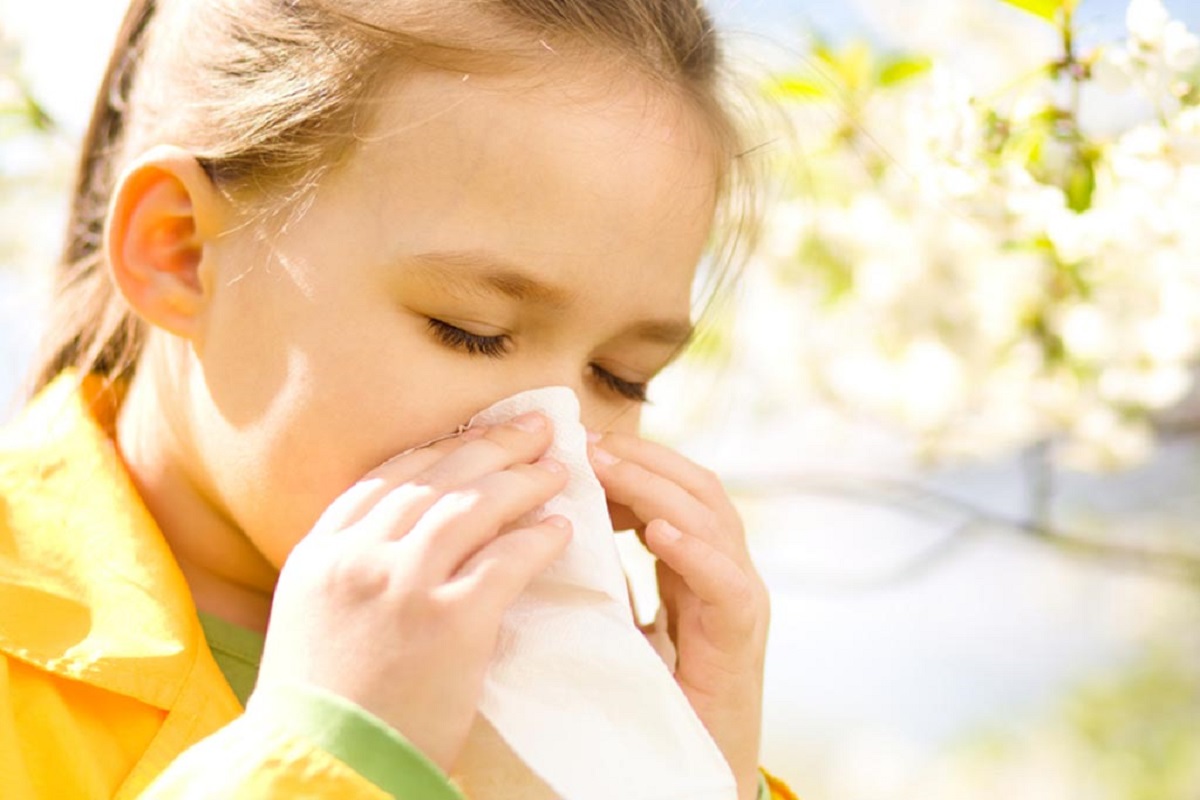Nasal allergies can be a real bother for many people. Let’s start by understanding what nasal allergies are. When you sneeze and your nose runs because of certain triggers, it’s often referred to as allergies. These triggers can come from various sources, like certain foods or excess dust.

Sometimes, you might experience sneezing and a runny nose after eating specific foods. This is a common occurrence and is often considered a form of nasal allergy. Your nasal tissues become sensitive, and contact with certain foods can lead to sneezing and cold-like symptoms.
Another type of nasal allergy can occur when you are exposed to street dust or dust in your bed. In these cases, the nasal tissues become hypersensitive, and any contact with dust can trigger sneezing or a cough. Outdoor allergens can also play a role. Some individuals may experience nasal allergy symptoms when they encounter particular smells or consume certain foods. This heightened sensitivity can lead to discomfort and allergic reactions.
If you suspect you have nasal allergies, it’s essential to seek advice from a specialist, such as an ear, nose, and throat doctor. They can provide a clear diagnosis and recommend appropriate treatment options. Here are some habits and steps you can adopt to help manage and prevent nasal allergies. When cleaning your home or making your bed, consider wearing a mask. This can help reduce your exposure to allergens like dust and minimize allergic reactions.
If you are aware of specific foods that trigger your nasal allergies, try to consume them in moderation or avoid them altogether. A balanced diet tailored to your sensitivities can make a significant difference. Doctors often prescribe nasal sprays as an effective way to manage nasal allergies. These sprays can help alleviate symptoms and provide relief.
Certain over-the-counter and prescription medications can help control nasal allergy symptoms. These medications can be especially helpful during allergy seasons when allergens like pollen are prevalent. Identify the allergens that trigger your symptoms and take steps to avoid them. This may involve making changes to your living environment or routine.
Leave a Reply